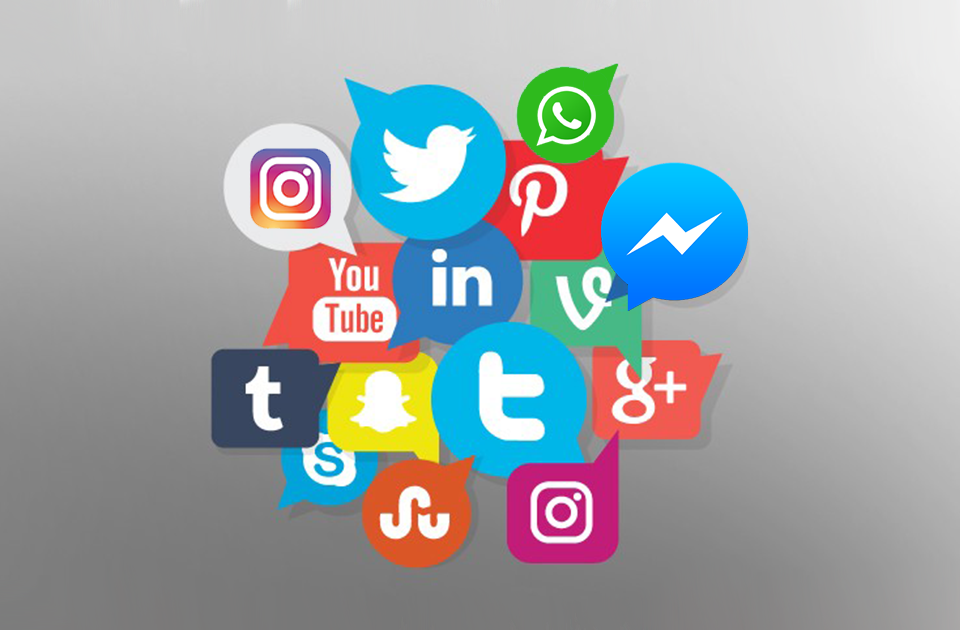It’s not an uncommon sight. Families and friends gather to have a meal, but everyone’s just on their phones instead. There’s hardly any conversation going on; it seems like their phones are way more interesting than the people present and available to actually socialise with. It’s clear that smartphones have become more than just a useful tool; it’s now a source of addiction, whether we know it or not. The question is: why are we so addicted to smartphones?
FOMO
Otherwise known as the “fear of missing out”, this fear is now a very real, very big part of most people’s lives. Always wanting to be “in” and to know all the latest happenings and trends there are, what better way to know than through smartphones? There are a variety of platforms to keep up with the world, and we just don’t want to say “I didn’t know” whenever we get asked “did you know?”.

Our Brain Releases Dopamine When We Receive Notifications
Dopamine is known as a “feel-good” hormone, and whenever we receive a notification, our brain releases dopamine. Dopamine reward centres in our brain are the same areas involved in eating, sexual intercourse, drinking alcohol, and ingesting drugs. Of all the things to get “high” on, apparently phone notifications are our unintentional choice as well. Therefore, this theory states that addiction is about how our brain reacts to phone notifications, and the release of dopamine. More notifications, more dopamine, more good feelings.

Too Much Access
The world is quite literally at our fingertips. Everything is just a tap away on our smartphones. Don’t know something? Google it. Want to learn something? YouTube tutorial it. No doubt that this sort of access is convenient – too convenient – and that’s why we become so heavily reliant on it. We’d be hindered a great deal without smartphones as there are many apps we use on a daily basis tied to our routines, and that’s saying something. We’re turning smartphones into a crutch, a need.

Addicted to Socialising
Social media platforms are all emphasising one thing: connection. Whoever and wherever you may be, you’re always connected. So much so that we now have an evolutionary addiction to socialise with others, especially online. There’s a need to be seen by others, and to observe others’ behaviour as well, and it’s all thanks to “connecting”. Think about it: why are you on social media? To see and to be seen. Our social expectations and rewards based on what we get from our smartphones then influence our obsessive behaviour.

The “Slot-Machine” Design
Little effort, little risk, low chance, high reward. Isn’t that how a slot-machine works? You don’t have to pay much to play, but chances of winning are slim as well. But when you hit the jackpot, the reward and euphoria trumps all. Most of social media is designed this way. Refreshing hardly takes any effort, and if you keep refreshing within a short period of time, there might be nothing new to see. When you swipe down and a new item pops up, it immediately snags your interest, and your brain probably releases dopamine for joy at this new item. For this low risk-high reward system, you just sit and scroll and refresh mindlessly.

There’s no denying that smartphones are useful and convenient, but just like everything else, we should use it in moderation. “Nomophobia” is the fear of being phoneless, and yes, it’s a real thing, where specific treatment centres help people detach from technology. You don’t really want to develop a phobia, do you? Take steps to ensure you don’t fall into the pit of smartphone addiction before it’s too late!
https://www.facebook.com/tallypressmy/















